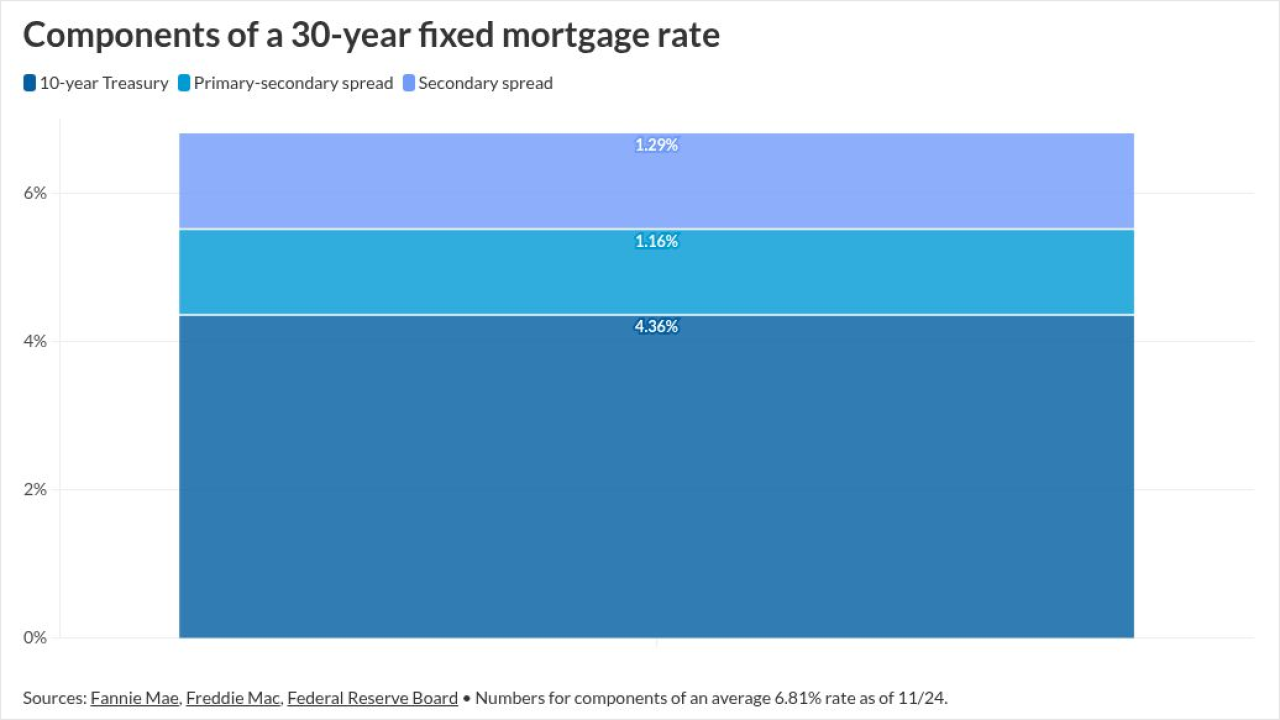Angel Oak Mortgage REIT made a half million dollar gain in the first quarter following efforts
"Expense mitigation efforts that began in 2022 have started to materialize," said Sreeni Prabhu, CEO of the Atlanta-based real estate investment trust, in the company's earnings call.
Net income totaled $530,000, or 2 cents per diluted share, for the three-month period ending March 31, marking the company's first quarterly profit since late 2021. That was an improvement from a $8.8 million loss in the fourth quarter. In the same time frame a year ago, the real estate investment trust found itself facing a $43.5 million net loss.
The company, which focuses primarily on the
"We have taken aggressive action on an expense management side, including renegotiating with vendors, and right-sizing our levels of service for the current macro backdrop," Prabhu said.
Angel Oak's warehouse debt dropped to $438 million, and the company finished the quarter with an undrawn financing capacity of approximately $690 million, compared to $573 million at the end of last year, according to Angel Oak's balance sheet.
"We have meaningfully decreased our amount of whole loan warehouse debt, and our level of market exposure has come down significantly, both of which are key elements of our risk reduction strategy," Prabhu said.
Progress made in its liquidity position and secondary market conditions led to the company's participation
"We're actively working on the next securitization, which we hope to execute shortly," said Chief Financial Officer Brandon Filson.
Following a strategic selloff in November, AOMR held $544 million worth of predominantly non-QM residential whole loans on its books, down from $771 million three months earlier. But the company was able to pivot, due in part to its stronger financial footing, company leaders noted.
"We have resumed purchasing newly originated loans and plan to methodically and prudently increase our purchase volumes," Filson said, noting that rate locks for recent mortgages Angel Oak focuses on were in the 8% coupon range with credit scores in the mid 700s.
"A balance between these new loans and a structured securitization process is the best way for us to develop the earnings power of our portfolio. As we securitize, we'll move into more newly originated non-QM loans with significantly higher coupons in our current loan portfolio," Filson added.
While the near-term outlook at Angel Oak as well as the home finance industry at large
"We are not naive to the fact that credit cracks are starting to appear and rate-volatility story will move to credit-risk story," Prabhu said.




